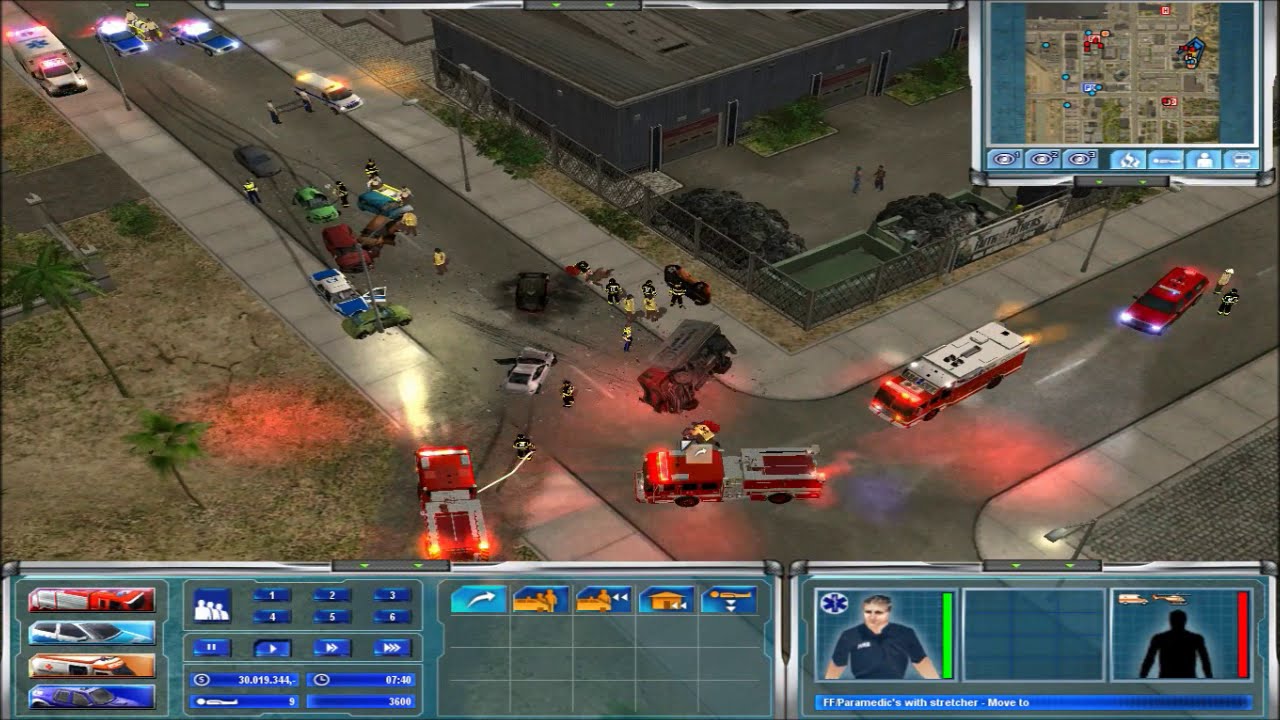

One of the crisis responders, Christopher Jones, wearing skinny black jeans and Dr.

“You’d be fucking mad too if someone came and said they were kicking you out because you had a visitor for 15 minutes,” she told them. Inside her hotel room with the door ajar, the petite, 30-something blonde woman rocked back and forth, climbed over the bed, and started scribbling furiously in a notebook. That day, instead of a police officer, the woman had two “crisis responders” knocking on her door, carrying only a radio and a backpack of clean clothes. Instead of sending armed officers to respond, the city dispatches “crisis responders” to diffuse the situation and connect the individual with services-a model now being considered by a growing number of cities across the U.S. It’s the kind of low-level, “ quality of life” call that takes up much of an officer’s day.īut over a year ago, Olympia started taking a different approach to nonviolent incidents caused by someone experiencing mental illness, addiction, or homelessness. The interaction could easily escalate into violence, especially if the woman grew angry over facing jail time or another night on the streets. They could find an open warrant on her record or drugs in her room. If the guest refused to leave, the cops might handcuff and arrest her for trespassing.

Normally, that manager might call 911, which would bring police officers to the scene. This article was published in partnership with The Daily Beast.


 0 kommentar(er)
0 kommentar(er)
